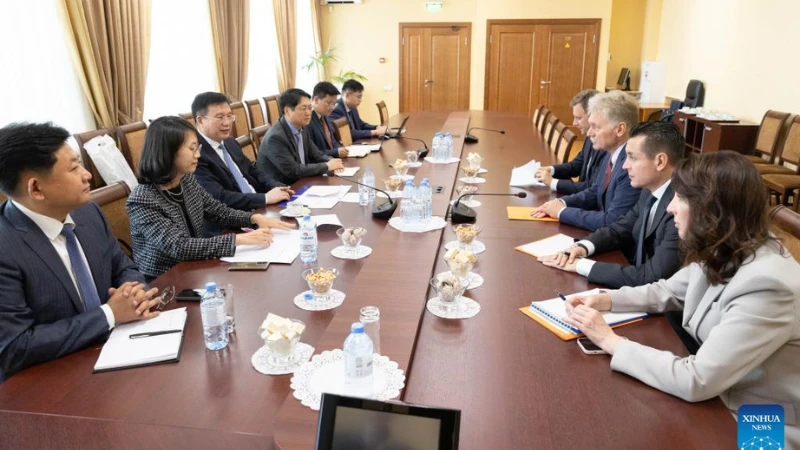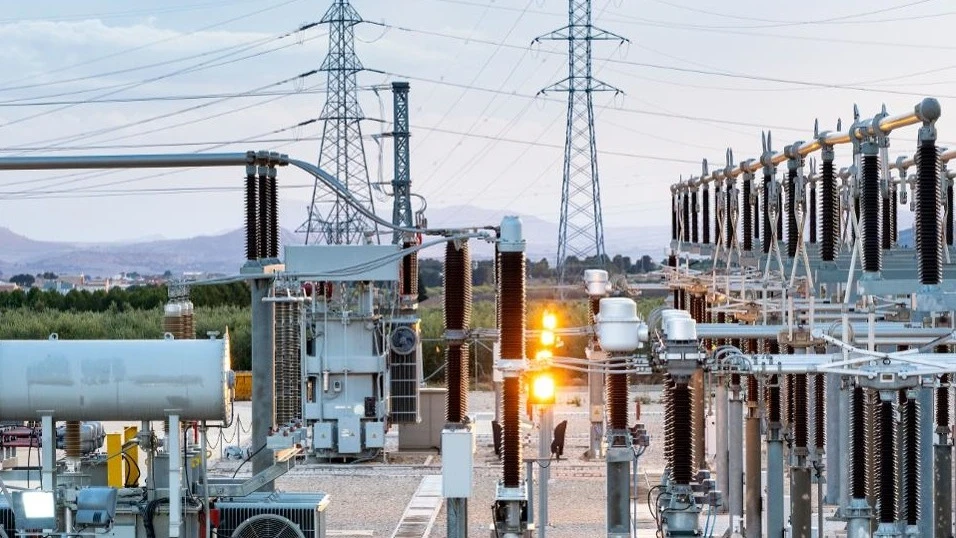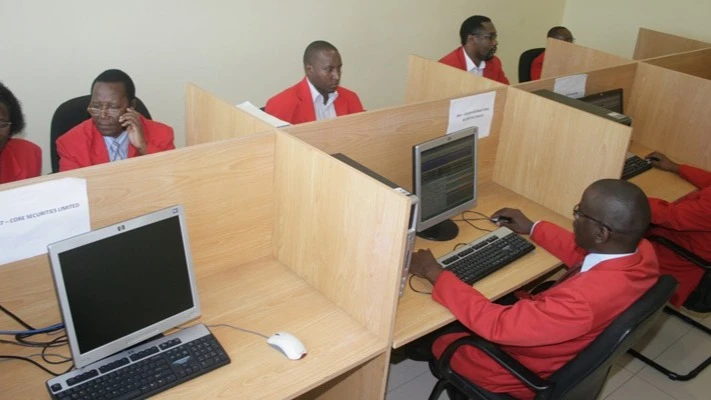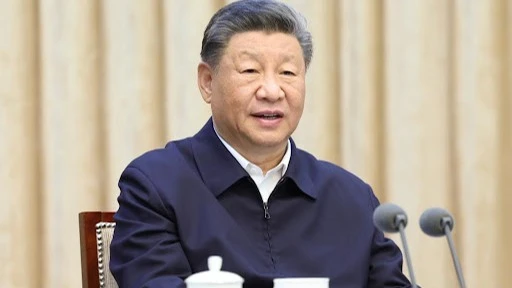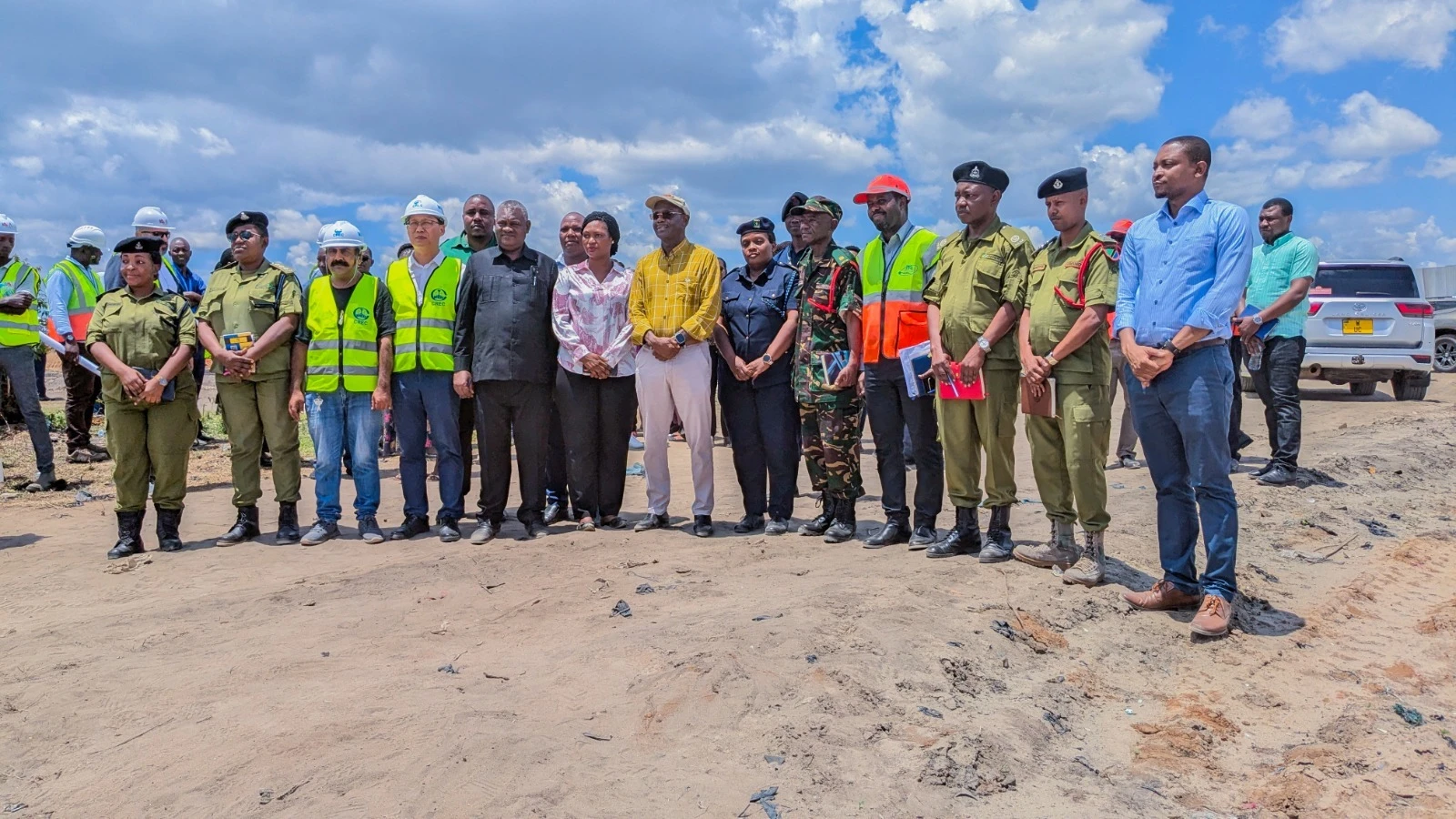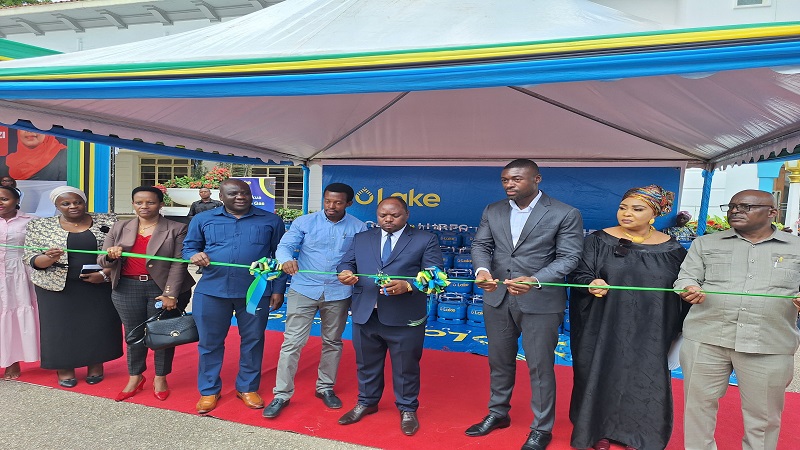Building the future: the significance of local investment in Tanzania’s industrial progress

IN a landmark event for Tanzania’s industrial sector, On Tuesday, August the 6th, 2024, President Samia Suluhu Hassan laid a foundation stone for the expansion project of the Serengeti Cigarette Company (SCC) factory in Morogoro Region.
This project, led by local investor Ahmed Huwel, aims to significantly boost the country’s tobacco processing capacity, reflecting a broader vision of economic growth and industrial development in Tanzania.
The ceremony was more than a mere foundation stone laying; it symbolized a steadfast commitment to Tanzania’s bright future, underscoring the pivotal role of local investors in propelling economic progress. It was a moment that celebrated visionary leadership and the transformative power of homegrown investment, highlighting how local entrepreneurs like Ahmed Huwel are the lifeblood of Tanzania’s industrial renaissance. Their contributions are not just financial but are foundational to the nation's journey toward sustainable development and prosperity.
The SCC factory is a strategic move to elevate Tanzania's tobacco processing capacity from the current 80,000 tonnes to an ambitious 200,000 tonnes annually. With Tanzania aiming to process 300,000 tonnes per year, the SCC factory represents a significant leap toward that goal. Thanks to Mkwawa Leaf Tobacco and Mkwawa Leaf Processors Limited.
President Samia’s presence at the inauguration highlighted the government’s unwavering support for such initiatives, reinforcing the message that local investment is crucial for national development.
One of the most immediate benefits of the factory is job creation. Upon completion, the project is expected to generate at least 12,000 jobs, providing livelihoods for thousands of families in the Morogoro region and beyond. This influx of employment opportunities is a direct boon to the local economy, stimulating growth and improving the quality of life for many residents.
Besides, the SCC project underscores the potential of local investments to drive economic transformation. By increasing processing capacity, the factory will not only meet domestic demand but also enhance export potential, contributing to Tanzania’s foreign exchange earnings.
Minister for Agriculture Hussein Bashe highlighted that despite challenges from El Niño rains, tobacco exports last season exceeded $400 million, underscoring the sector’s resilience and importance to the national economy.
At the event, President Samia urged investor Ahmed Huwel to support the government’s Universal Health Insurance Fund policy, which is nearing implementation. This call to action reflects the interconnected nature of economic and social policies, where successful industrial projects can bolster public welfare initiatives. The President’s appeal signifies a broader vision where private sector growth and public health advancements go hand in hand.
Furthermore, President Samia emphasized the need for the factory to align with the government’s clean cooking energy agenda and environmental conservation efforts. This directive is a reminder that industrial growth must be sustainable, balancing economic gains with environmental stewardship. By adopting clean energy practices, the SCC factory can set a precedent for other industries, promoting a culture of sustainability across Tanzania’s industrial sector.
The SCC factory highlights the critical role of local investors in driving Tanzania’s industrial growth. Local investors, like Ahmed Huwel, possess a deep understanding of the domestic market and are more attuned to the needs and challenges of their communities. Think of among many by-products of Ahmed Huwel’s investment in the tobacco sector (Mkwawa Leaf Tobacco, MKwawa Tobacco Processors, and SCC) such as 12,000 jobs to be created.
Supporting local investors is essential for several reasons. Firstly, it fosters a sense of ownership and pride within the community, encouraging further investment and entrepreneurship. When local investors succeed, they inspire others to follow suit, creating a ripple effect of economic activity and innovation. Secondly, local investors are more likely to reinvest their profits within the country, ensuring that the economic benefits of their projects are retained domestically.
The government’s support for local investors has been a cornerstone of its economic policy. President Samia’s administration has prioritized creating a conducive environment for business, resulting in significant growth in the number of factories. Minister for Industry and Trade Dr. Selemani Jafo noted that the number of factories in Tanzania has increased from 62,000 to 80,000 since President Hassan took office, including 166 large-scale factories. This growth is a testament to the government’s efforts to attract and support both local and international investors.
The government support extends beyond financial incentives. It includes providing infrastructure, ensuring regulatory stability, and facilitating access to markets. These measures create a favorable climate for business operations, enabling local investors to thrive. The swift completion of the SCC factory expansion, as acknowledged by investor Ahmed Huwel, is a direct result of such supportive policies and cooperation.
Despite the positive developments, challenges remain. The agricultural sector is vital for supplying raw materials to industries like SCC factories, faces numerous obstacles.
Adverse weather conditions, such as the El Niño rains mentioned by Minister Bashe, can impact production and supply chains. Addressing these challenges requires a concerted effort from both the government and private sector to invest in resilient agricultural practices and infrastructure.
SCC factory is part of a larger narrative of Tanzania’s industrialization journey. Industrial growth drives economic development by creating jobs, enhancing productivity, and fostering innovation. It also has a multiplier effect, stimulating growth in related sectors such as transportation, logistics, and services.
For Morogoro Region, the factory’s expansion signifies more than just increased production capacity. It represents a transformation in the local economy, with new opportunities for business development, skills training, employment opportunities, (12,000 jobs to be created), and community growth. The ripple effects of such projects can lead to improved infrastructure, better educational facilities, and enhanced healthcare services, contributing to the overall well-being of the population.
Ahmed Huwel highlighted a significant challenge local investors like him encounter, the single borrowing limit, imposed on local banks, which constrains local investors' ability to finance large-scale projects.
President Samia acknowledged this issue and assured swift action, directing the Finance Minister, Bank of Tanzania (BoT) governor and Agriculture Minister to collaborate on a rapid resolution. This proactive approach reflects the government's commitment to creating a conducive environment for local investors, ensuring that financial barriers do not hinder the country’s industrial growth and economic development
The story of the SCC factory is a powerful reminder of why supporting local investors is essential. These investors are the backbone of the economy, driving growth from within and ensuring that the benefits of development are widely shared. Their success is a testament to the potential that lies within Tanzania’s borders, waiting to be unlocked through strategic investments and supportive policies.
Local investors need more than just financial backing; they require a holistic support system that includes access to information, markets, and technology. The government’s role in facilitating these elements cannot be overstated. By creating an enabling environment, the government can help local investors overcome challenges and seize opportunities, paving the way for sustainable and inclusive growth.
The inauguration of the SCC factory’s expansion by President Samia marks a significant milestone in Tanzania’s industrial journey. It exemplifies the profound impact that local investors can have on the economy, job creation, and community development. As Tanzania continues to strive towards its goal of processing 300,000 tonnes of tobacco annually, the success of this project underscores the importance of supporting local investors.
By fostering a business-friendly environment, aligning industrial growth with sustainable practices, and addressing the challenges faced tobacco sector, Tanzania can build a resilient and diversified economy. The story of the SCC factory is not just about tobacco processing, it is about the promise of what local investments can achieve for the nation. It is a call to action to support and empower local investors, ensuring that the benefits of industrial growth are felt by all Tanzanians.
Top Headlines
© 2024 IPPMEDIA.COM. ALL RIGHTS RESERVED












